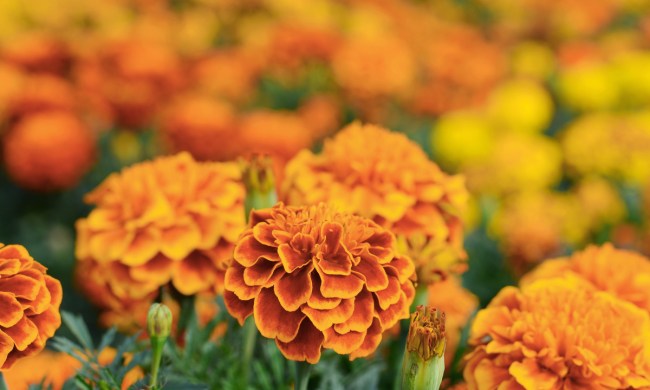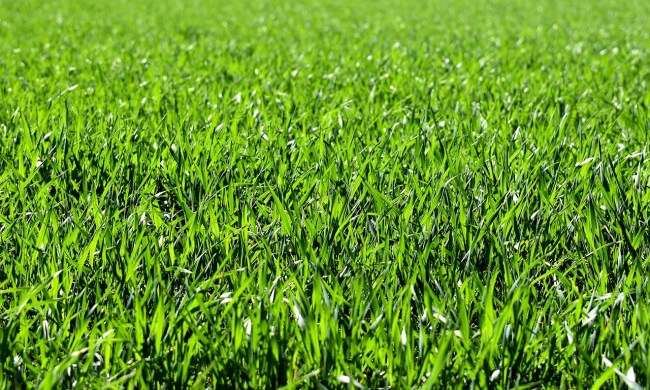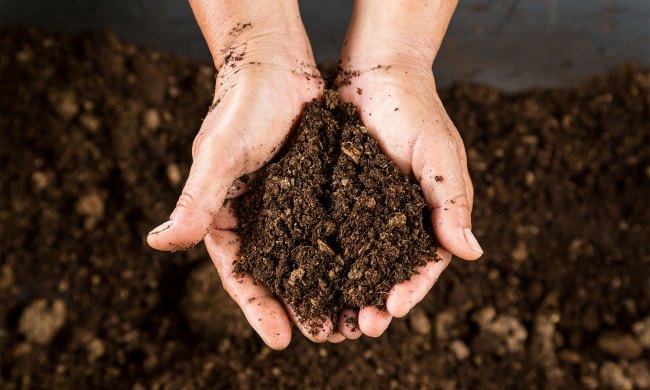There are so many different types of fertilizer available, and each one claims to be the best in one way or another. If you’re feeling overwhelmed with the number of choices and aren’t sure where to start, then don’t worry. We’ve narrowed down the list to our top four choices for best fertilizers, just for you. We’ve selected our favorite fertilizers from the following four categories: organic, inexpensive, hydroponic, and all-purpose. We’ll go over what you should be on the lookout for in a good fertilizer as well as what each fertilizer brings to the table, so you don’t need to worry about being overwhelmed with options next time you head to the fertilizer aisle.
Best Organic Fertilizer: UNCO Industries Worm Castings
There are a few things you should be looking for in any kind of fertilizer — namely, that it contains the nutrients your plants need. However, there are some details that you should be paying attention to when shopping for organic fertilizer in particular. One thing to keep an eye out for is a label or seal that certifies the product is organic. Several organizations offer such certifications, but the one most commonly seen on fertilizers is the Organic Materials Review Institute, or OMRI.
If a product isn’t certified as organic, then it’s important to look for detail number two: an ingredients list. This is typically on the packaging itself, but it can also sometimes be found on the manufacturer’s website or the product listing. From there, you can determine if the fertilizer is up to your standards.
Our favorite organic fertilizer, UNCO Industries Worm Castings, has both of these things. It’s OMRI-certified organic, and both the packaging and the product listing clearly state it is 100 percent worm castings. Worm castings are highly nutritious for plants and improve overall soil health.
Best Inexpensive Fertilizer: Miracle-Gro Water Soluble Plant Food
When it comes to inexpensive fertilizer, it’s important to make sure you aren’t missing out on quality. Ingredient lists can be helpful for this, but an easier way to judge an inexpensive product is by the reviews. Look for products with a high rating, but also with a lot of reviews. A product that has an average star rating of four but only two reviews is going to be much less predictable than a product with 2,000 reviews and a four-star average. Doing a quick scan of the reviews can also give you a good understanding of what to expect. Read a few reviews from each star rating, so you get a feel for the pros and cons of the product.
Our favorite inexpensive fertilizer is Miracle-Gro Water Soluble All Purpose Plant Food. It contains all the basic nutrients your vegetables need and can be mixed into water for easy application. On Amazon, it has an average rating of 4.5 stars and over 50,000 individual ratings. A quick look through the reviews shows that the product works well, but some customers were disappointed in the size. It comes in six different sizes, so pay attention when ordering!
Best Fertilizer for Hydroponics: General Hydroponics MaxiGrow
Shopping for fertilizers for a hydroponic garden is arguably easier than shopping for other fertilizers, simply because hydroponic-specific fertilizers are typically labeled as such. Since your plants will be absorbing their nutrients through the water, their fertilizer needs to be water-soluble and easy to absorb. This means that hydroponic fertilizers often use different compounds or ingredients to supply the necessary nutrients, as some common fertilizer ingredients don’t dissolve well in water.
General Hydroponics MaxiGro is our choice for the best hydroponic fertilizer. It contains all the essential nutrients for your plants in an easy-to-dissolve powder. Additionally, General Hydroponics specializes in hydroponics and has roughly 40 years of experience, meaning they know what they’re doing.
Best All-Purpose Fertilizer: Osmocote Flower and Vegetable
For all-purpose fertilizers, the most important thing to pay attention to is whether or not they’re actually all-purpose. Look for a balanced nutrient composition, such as 10-10-10 or 14-14-14, rather than one that’s weighted heavily in one direction or another, such as 10-20-10. These numbers are also called the NPK of a fertilizer; they represent the ratio of nitrogen, phosphorus, and potassium in the fertilizer. A balanced NPK can be used for most plants, while one that’s weighted will be better for some plants than others.
Osmocote Smart Release Flower and Vegetable is our favorite all-purpose fertilizer. It has an NPK of 14-14-14 and comes in four different sizes so you can choose the size that best fits your needs. It works well for most plants, including flowers and vegetables.
These are our top four favorite fertilizers. Hopefully, they’ll be yours as well. There’s a whole world of fertilizers out there for you to choose from, but now you know what to look for to help you narrow down your options and pick the best one for your garden. Whether you choose one of our favorites or go looking for your own, good luck growing delicious vegetables!



